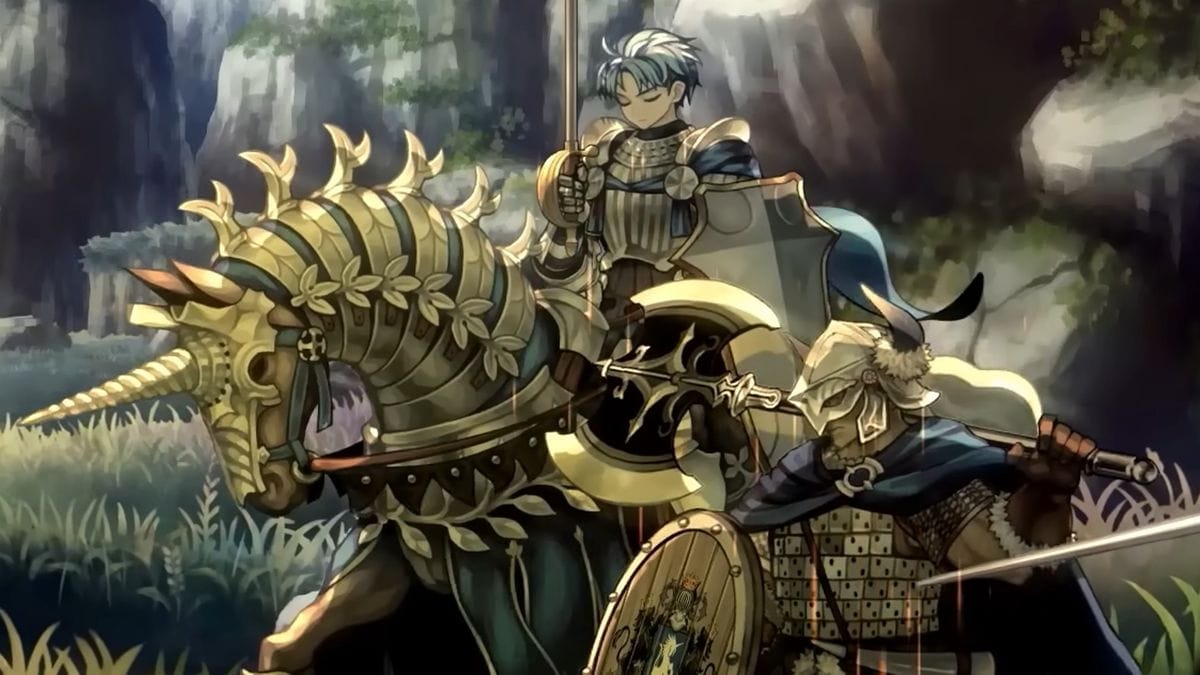After months of chipping away at it, I finally finished Unicorn Overlord! I defeated the final (annoying) boss, wiped out the second final boss, and then watched the credits roll.
If you’d asked me how I expected to feel a month or two ago, I would have said excited. Unicorn Overlord has been a big hit amongst fans of the strategy RPG subgenre and a game I was really looking forward to when it was first released. While I had some misgivings about some of its character design choices, it was definitely a title I enjoyed for a good long while.
My enthusiasm for it didn’t last all the way to the finish line. It took me about 95 hours to complete Unicorn Overlord. The fact that I lasted that long was as much a testament to the idea of sunk cost fallacy as it was to the quality of the video game.
While Unicorn Overlord deserves much of the praise it has received, it does have problems. For me, the biggest was the lack of a compelling story.
Matters of Narrative
While there are many things that Unicorn Overlord does right (the game is a dream for fans of tinkering and min/maxing), it very much dropped the ball in the narrative department.
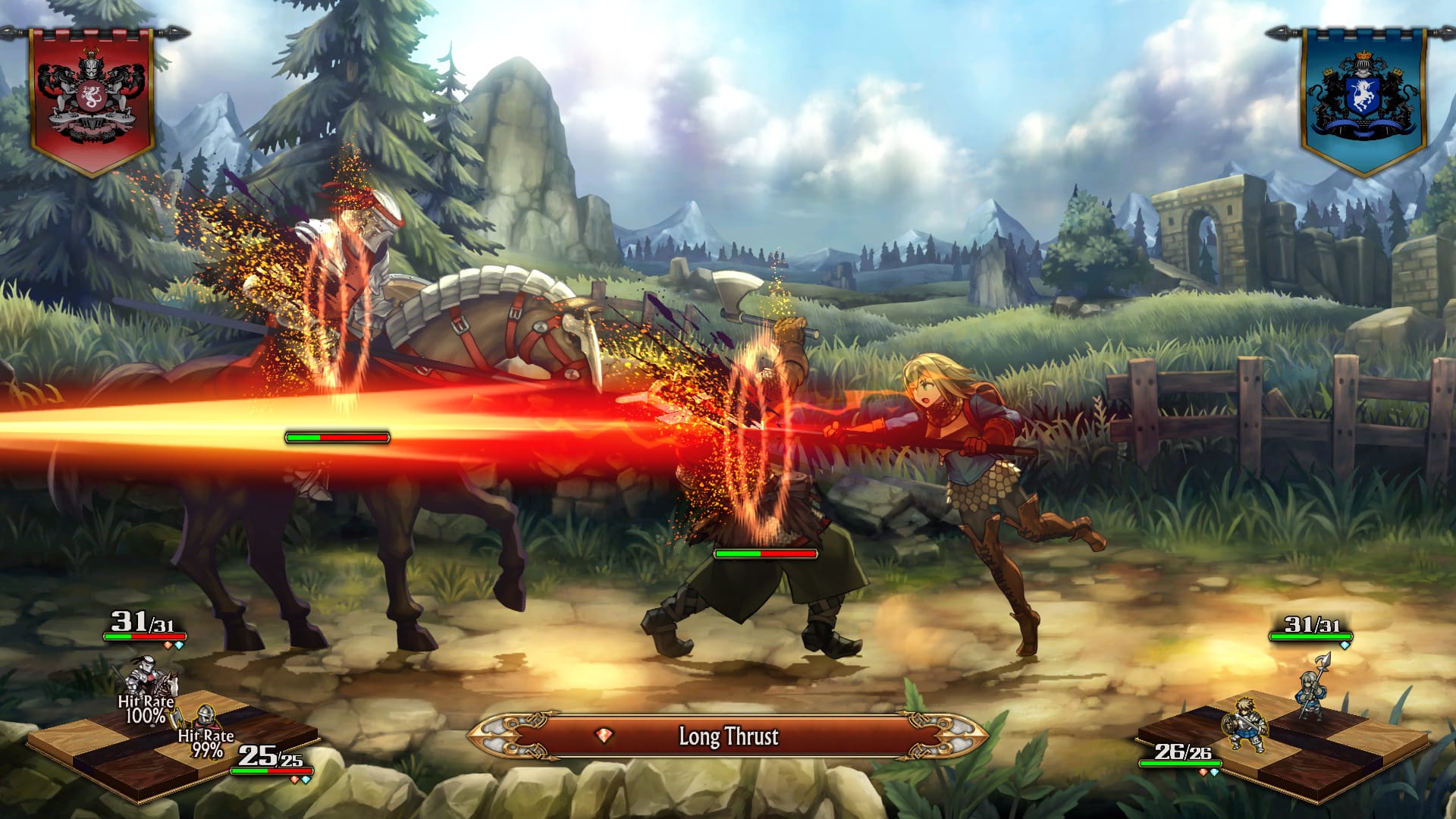
It’s not that it has a terrible story. Centered on the quest of Prince Alain of Cornia, it follows his campaign of liberation across the continent of Fevrith. Along the way he meets new people, makes allies of enemies, and builds an army that will eventually destroy the dark forces of the Zenoiran empire.
I have played and loved games with flimsier premises than that. The problem with Unicorn Overlord is that the story is just kind of forgettable. Even now, only a day out from finishing it, I struggle to recall even one truly memorable moment from the plot. It feels like a disposable Saturday morning cartoon from the 1990s. It’s good enough to hold your attention for a few minutes, but it leaves no lasting impression on you.
I could blame it on the story being simple, but there are lots of games with simple stories that are plenty memorable. “Young prince trying to free his country from an evil empire” is the foundation point for plenty of Fire Emblem games, and I have loved and been affected by several of those.
Final Fantasy VI, widely regarded as one of the best RPGs ever made, has a similarly straightforward premise. You can get a lot mileage out of “plucky heroes fight against an evil empire.” You just need to do it well. The problem with Unicorn Overlord is that it doesn’t.
Where Unicorn Overlord Drops the Ball
Final Fantasy VI is famous for having one of the best ensemble casts in gaming. It achieves this with writing that’s funny when appropriate, serious when it needs to be, and character arcs full of genuine pathos. Watching Cyan lose his family and eventually move past his grief is moving. Terra’s search for purpose and love in a harsh world is relatable as heck. Locke and Celes’s slow burn romance feels like two conflicted and complicated people genuinely falling for each other.
I could give the same sort of praise to a lot of the Fire Emblem games. While that franchise’s earliest entries were simple, as a lot of old school RPGs tended to be, more recent iterations have delivered some genuinely memorable stories with lovable and iconic casts.
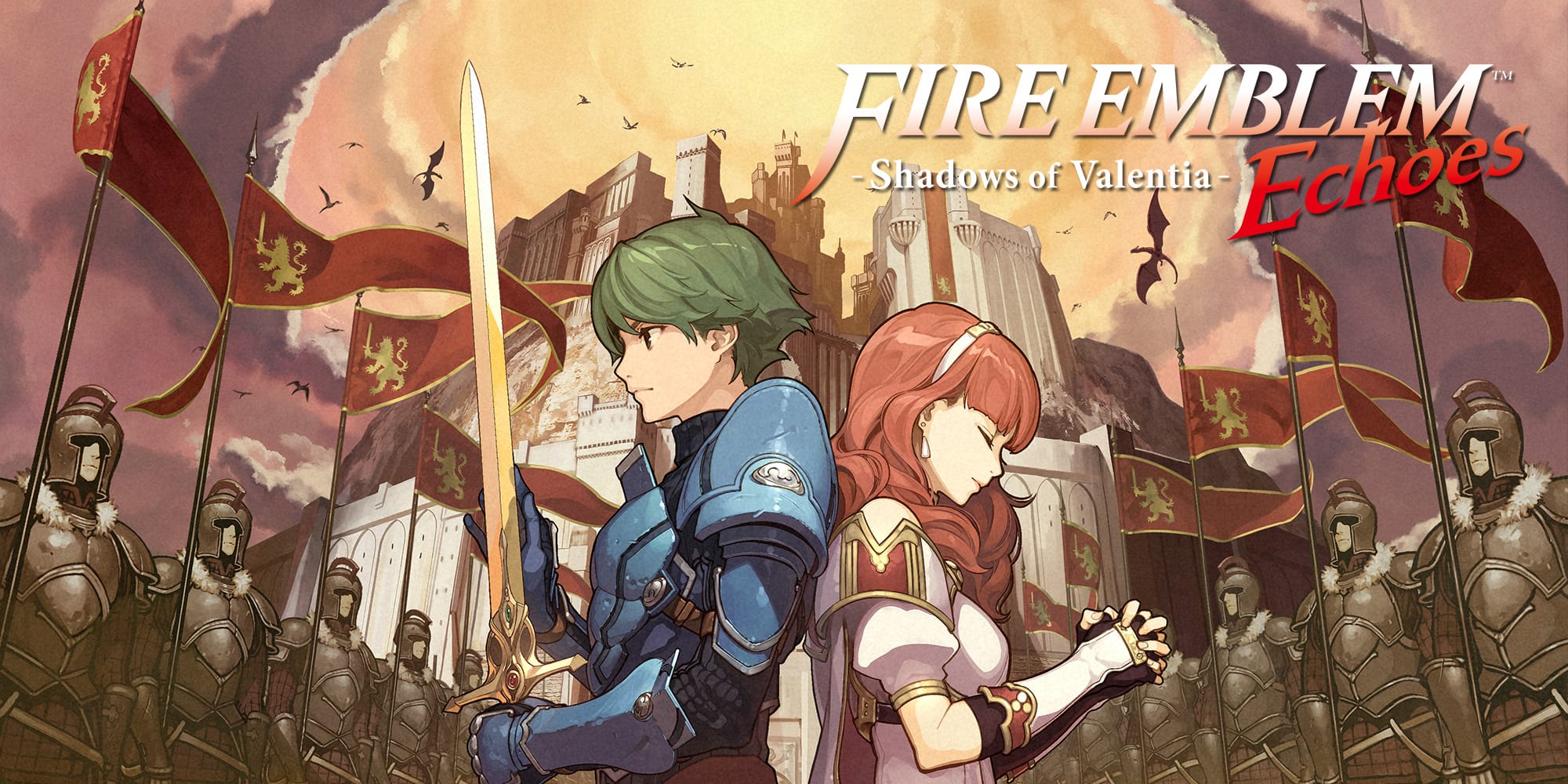
Fire Emblem Echoes follows a relatively simple story of liberation, but also has an ensemble full of likable characters. Its two leads, Alm and Celica, are both determined, sympathetic, and hopeful, while still feeling like unique people. The writing makes you care so much about the characters’ fates, you might even restart entire levels if someone dies in battle. (Death in Fire Emblem is, traditionally, permanent.)
Unicorn Overlord’s protagonist, Alain, might look like a Fire Emblem hero, but he’s nowhere near as interesting as that franchise’s best. Alain is a bland and generic good guy. The majority of the cast, despite encompassing an array of different tropes and types, are similarly milquetoast. Their interactions with each other come across as flat and passionless. When two characters express their love for each other at one point, it feels soulless and robotic.
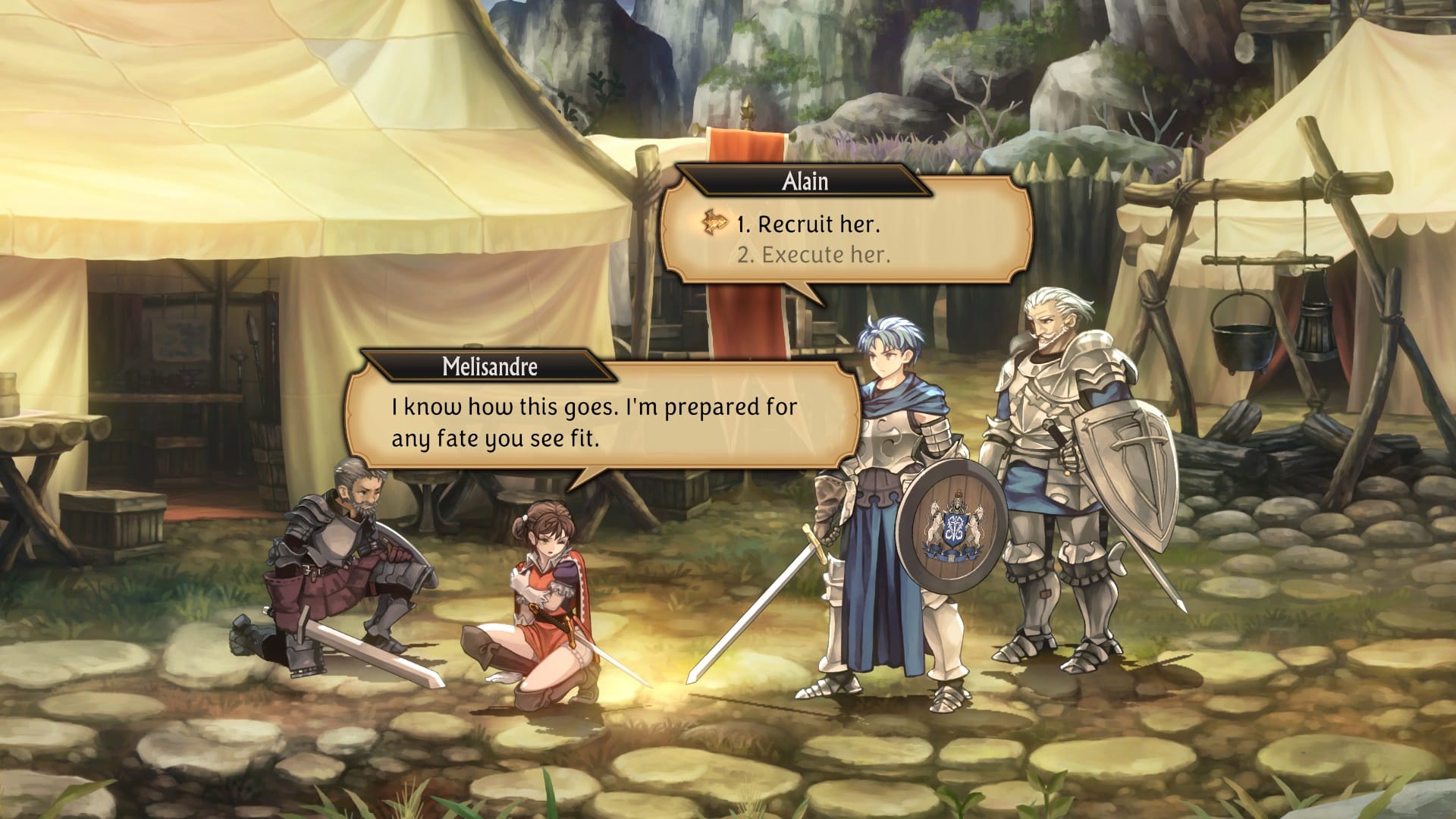
There aren’t many moments where Alain and his cohorts ever feel like real people. There are several spots where the player can direct Alain to straight-up execute prisoners, and he’ll be almost scarily unaffected by the experience. He is perpetually and quietly noble, never showing much emotion besides brief gasps and exclamations. If anything does bother him, we only know because the dialogue tells us in the most blunt-force way it can muster.
The Value of Story
In the end, Alain and his companions are little more than pretty cartoons with the emotional resonance of blank paper. And the longer the game went on, the less I cared.
Mind you, this isn’t me saying that video games need great stories to be good. There are plenty of “mechanics first” games that deliver great experiences without any dedicated narrative at all. The amount of hours I’ve sunk into Mount & Blade: Warband is a testament to that.
A good story, however, can elevate a decent game into a bona fide experience. It can make it into something you think about in moments when you’re not playing it. Something you reminisce about with your friends or your wife for years afterward. Better narratives make video games into something more.
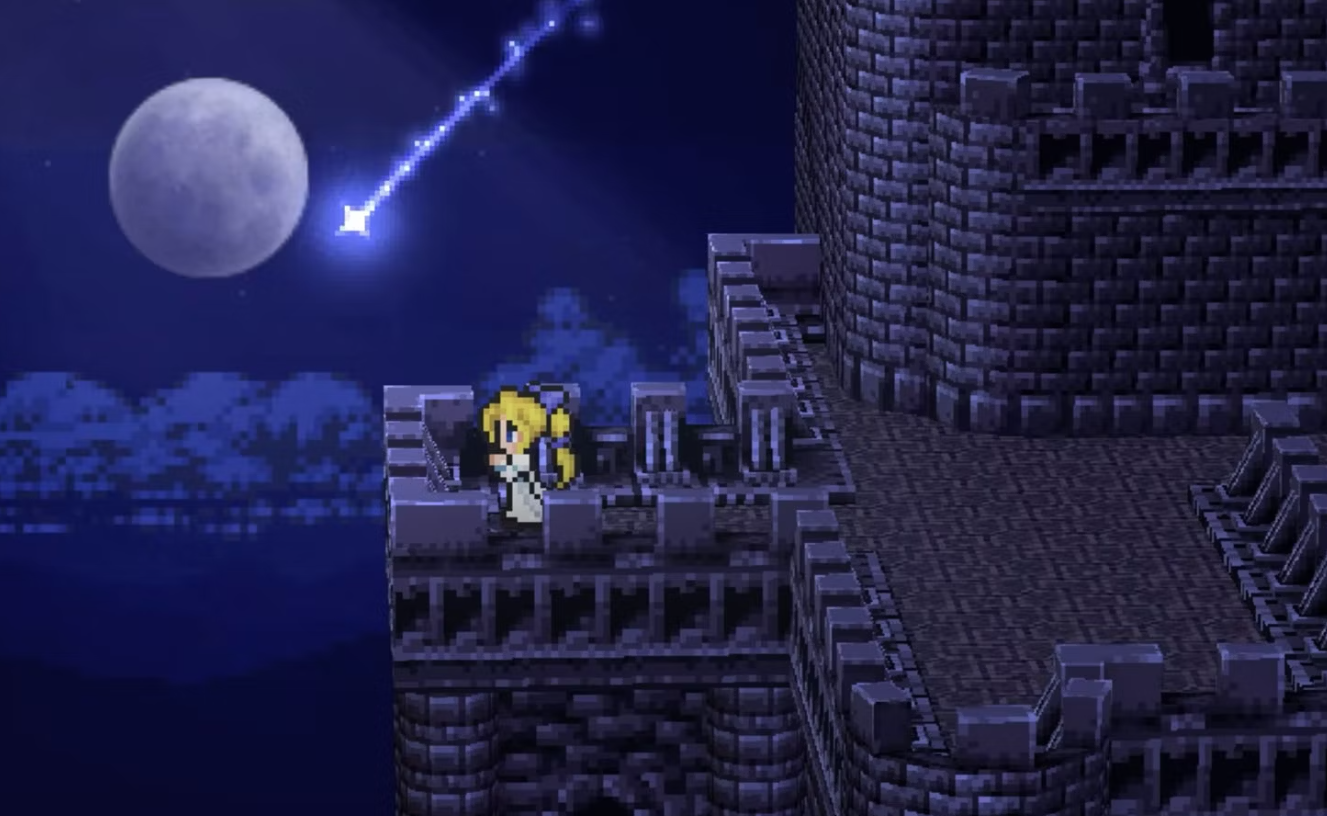
Unicorn Overlord never gets there, and the game, especially in its final hours, suffers because of it.
By the time I was nearing the conclusion, I started to notice some of the niggling issues I might have been able to ignore if I’d been more engaged. I might not have cared that fights take too long after you unlock full power five-solider units. I might not have minded how tiresome it is to grind for Honor Points when you want to hire a new unit. Or how tedious it is to grind for experience points to level up your fresh recruits on top of that. One of the biggest selling points of Unicorn Overlord is the ability to create a deeply customized army. It was frustrating that the game couldn’t find a less tedious way to let you do it.
I probably also wouldn’t have been so annoyed when the final boss pulled the rug out with a “gotcha!” challenge that forced me to replay the entire final level and completely redesign my units so they could be equipped to defeat him. That took hours of extra gameplay at a point when I was very much ready to be done.
And when the credits finally did roll by, complete with a lengthy sequence detailing the post-war fate of the entire cast? There were some characters I could barely remember.
Prior to Unicorn Overlord, its developers at Vanillaware released 13 Sentinels: Aegis Rim, a title that many heralded as one of the best gaming narratives in ages. I don't expect every game to be at that level, but somehow, with all of the clear effort they put into its art and mechanics, I feel like Unicorn Overlord's creators could have done better.
